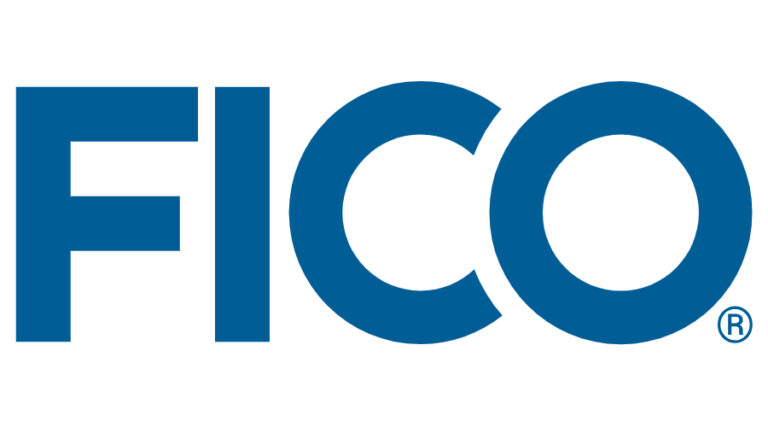A handful of small tweaks will have a huge impact on Americans’ credit scores – some for the better. Including you.

It’s not very often that a small change affects the lives of 80 million Americans, but last month’s tweaks to something called the “FICO credit score model” will help half of them – and hurt the other half.
You’ve probably heard of FICO scores, even if you’re not 100-percent sure what they are. In a nutshell, your FICO score is a three-digit number that determines whether you get a mortgage or a credit card, and if you do, what the interest rate will be. It tells lenders if you’re a good credit risk.
FICO, which is a private company, updates the way it figures out credit scores every five years or so. Among the recent tweaks are an emphasis on your debt and any personal loans you’ve secured. As NPR explained it…
Let’s say you pay off all your credit cards with a personal loan. Under the old system, your credit score might go up. But under the new approach, FICO will look back over a period of time – as far as two years – to see whether you’ve used the loan to reduce your high-interest credit card debt or whether you’re using plastic as much as before, running up new revolving balances and falling deeper into debt.
FICO executives say that could mean 40 million Americans see their credit score drop by 20 points. That might not matter, or it could be catastrophic. How? Well, credit scores below 630 (out of a max of 850) are often considered “bad” and can result in being denied a loan or credit card. So, if your credit score is hovering around 640 and dips below 630, that’s a threshold you don’t want to pass.
But there’s good news, too.
Who will these new credit score changes help?
Dave Shellenberger, the FICO vice president of product management told media outlets, “Consumers who have been good at managing their credit, regularly paying bills on time, and keeping their balances in check are likely going to be ‘rewarded’ by seeing a gain in their score under the new model.”
That’s music to the ears of Gary Herman, president of Consolidated Credit.
“Many of our clients are in a debt management program, so they’re already on their way to financial good health,” Herman says. “FICO’s changes should reward these folks.”
Consumers who stop charging and concentrate on paying off debt could see a 20-point jump in their credit score. Depending on where a consumer’s score stands, that could push someone to the next level. Their interest rates could drop significantly, which could save them thousands of dollars.
Why are lower rates so critical?
Americans are becoming more addicted to debt every year. According to the Federal Reserve Bank of New York, household debt jumped by $92 billion in the third quarter of 2019. It now stands at a total of $13.95 trillion.
That number scares Herman.
“Just think of the interest that Americans are paying on all that debt – and what they could do with all that money if it was in their pocket instead of being sent to lenders,” he says.
If FICO’s changes are bad news for many Americans, there’s still one bit of good news: FICO won’t implement those changes until summer. That gives indebted Americans plenty of time to call Consolidated Credit for a free debt analysis from a certified credit counselor. By summertime, they could be enrolled in a debt management program and be on their way to turning around their plummeting FICO score.
If you’re working to pay off credit card debt, we can help. Call (844) 276-1544 for a free debt and budget evaluation from a certified credit counselor.
